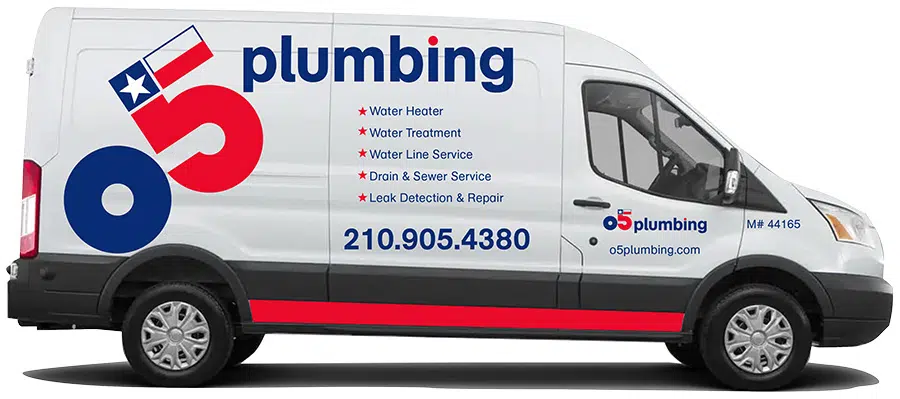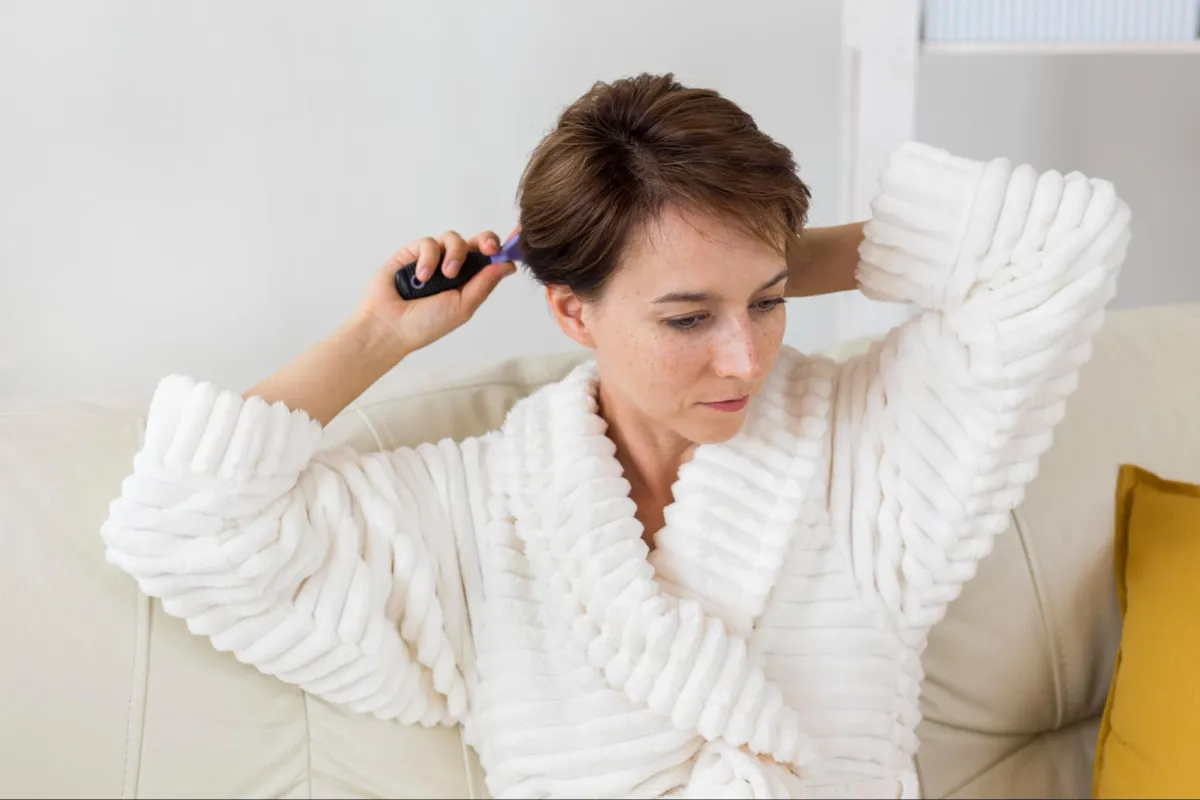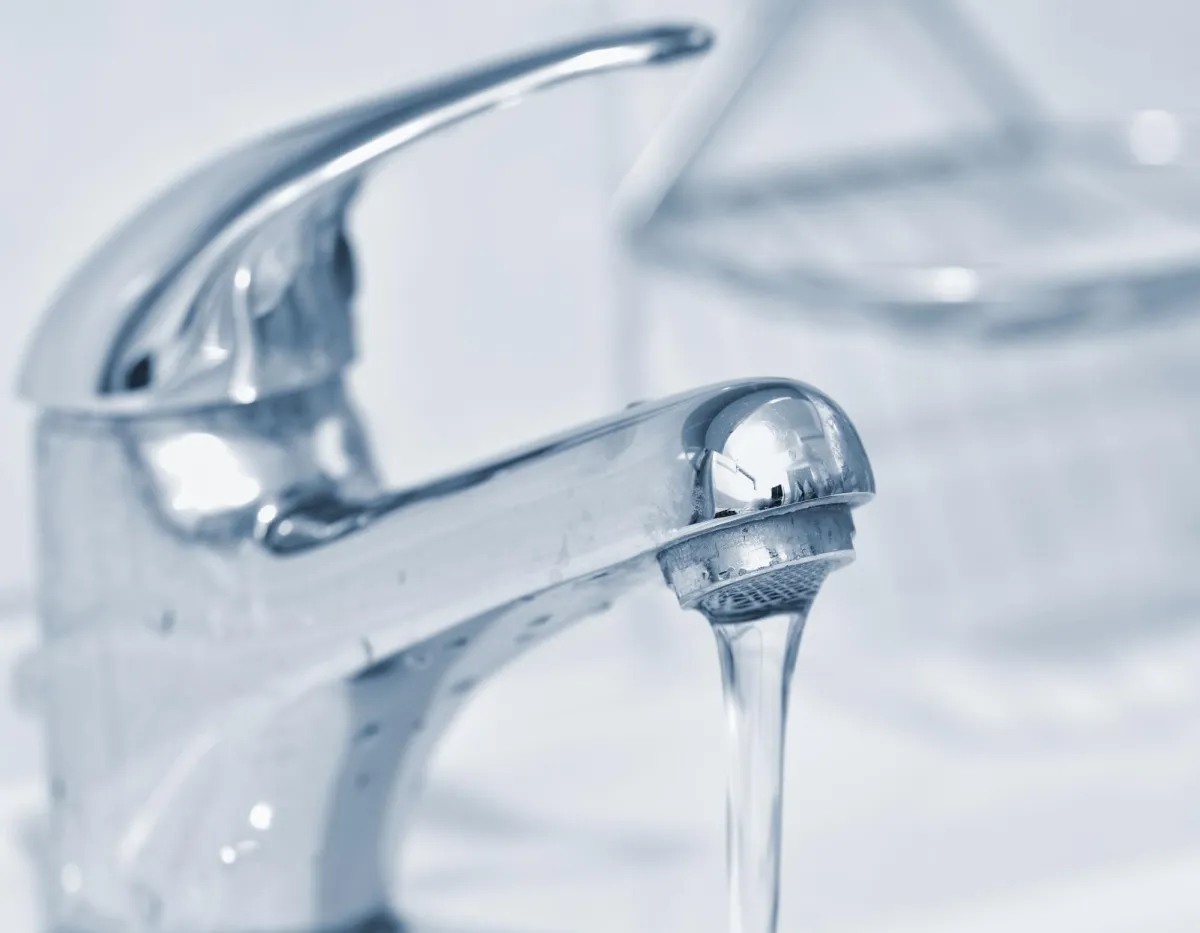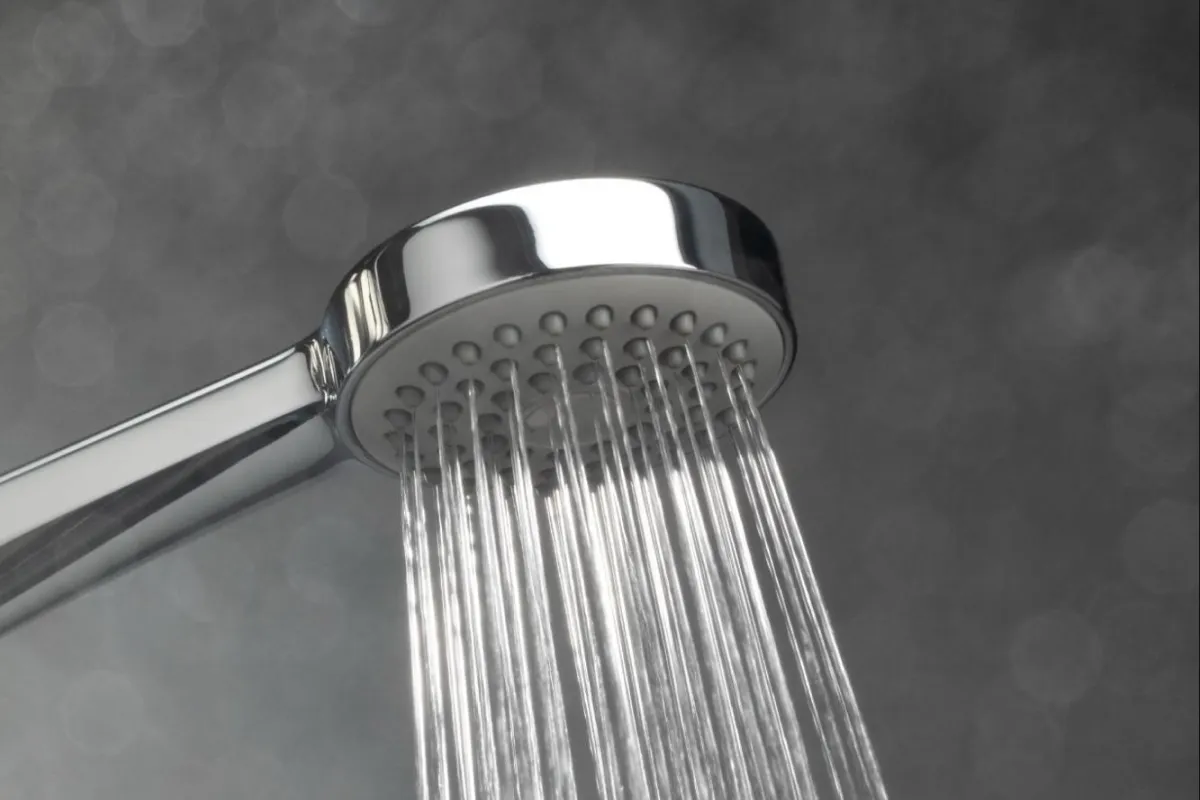Water keeps us healthy and we can’t live without it, but the water running through your home’s pipes could be quietly wreaking havoc on your hair and skin.
The water in your home might be hard water, full of calcium and magnesium. This leaves a stubborn residue that makes your hair impossible to style. On top of that, it clogs your pores and leads to more breakouts. Your local water supply likely contains chlorine that strips away natural oils from your skin and hair. This makes everything dry and frizzy. Even if you use well water, your skin could still suffer based on what minerals are in it and how pure it is. But here’s the bright side, treated water can make your skin much healthier.
At o5 Plumbing, we’re professionals in installing water filtration systems and water softeners, and we know a thing or two about hard water. We’ve seen firsthand how water quality can impact the health of your skin and hair. Here’s everything you need to know about how hard water works against your beauty routine and what you can do to fix it.
How water quality affects your skin and hair
The water running through your pipes impacts more than your household appliances. It can also have a direct effect on your skin. Your water quality could mean the difference between glowing, healthy skin and constant irritation or breakouts. Your hair also reacts strongly to the type of water you use every day.
Why hydration matters for skin and hair
Your skin is made up of mostly water, which makes proper hydration crucial to keep it healthy. Your skin holds moisture better when your body gets enough water. This helps maintain its elasticity and reduces fine lines. Good hydration helps your body flush out toxins that might cause skin problems and can improve your appearance.
Your hair needs proper hydration just as much. Hair strands that get enough moisture reflect light better, which makes them shine naturally. Keeping the right moisture levels helps stop breakage, frizz, and dryness, problems that often happen with hard water. A well-hydrated scalp controls oil production better and prevents dryness, dandruff, and itching.
The role of water in skin elasticity and glow
Water works like a natural “lubricant” between skin fibers and helps your skin’s structure work properly. The moisture inside your skin creates that natural glow everyone wants. Better blood flow to hydrated skin brings oxygen and key nutrients to skin cells.
In stark comparison to this, dry skin looks dull and lifeless. Your skin might actually make more oil when it’s dehydrated, which can cause breakouts. Water helps maintain your skin’s barrier function, your shield against environmental damage.
How water impacts hair strength and shine
Hard water with high calcium and magnesium levels can damage your hair over time. These minerals build up inside hair fibers, especially in damaged hair. They create a coating that blocks moisture from getting into the hair shaft. This buildup makes your hair look dull and feel rough.
Calcium in hard water weakens your hair’s protein structure, which makes it break easily. Hard water can also stop your shampoo and conditioner from working properly. It leaves a film that makes hair feel dirty right after washing.
Color-treated hair faces bigger challenges as mineral deposits create a barrier. This prevents color molecules from sticking properly, making your hair color fade faster.
Common water issues that harm hair and skin
Your plumbing system might be ruining your looks without you knowing it. Bad water quality could be the culprit behind your hair and skin problems. Let’s understand these issues to get healthier hair and skin.
What is hard water and how it forms
Hard water forms as groundwater moves through limestone, chalk, or gypsum deposits and picks up minerals along its path, mostly calcium and magnesium.
We measure water hardness in grains per gallon (gpg), and anything above 3.5 gpg is hard water. The hardness levels change by a lot based on local geology, and many North American regions face this problem.
Is well water bad for your skin?
Well water isn’t bad by itself, but untreated well water usually has more minerals because it comes straight from underground sources. These extra minerals can steal your skin’s natural oils and leave it dry and irritated. Well water might also contain bacteria that harm your skin’s protective barrier. This leads to inflammation and causes breakouts or rashes.
The impact of high pH levels in water
Water with high pH throws off your skin’s natural acidity, usually around 5.5. This leads to dry, irritated skin. Your hair’s cuticles swell up in high pH water and become frizzy and brittle. The pH imbalance weakens your hair’s structure. The result? Broken, unhealthy-looking hair.
Signs your water may be causing problems
Your expensive beauty products might not be solving your persistent problems. The real culprit could be hiding in your water quality. These telltale signs will help you identify if your home’s water is causing issues.
Dry, itchy skin or scalp
Mineral deposits from hard water block your skin’s natural oils and cause persistent dryness. Your skin becomes itchy, tight, and flaky. People with sensitive skin, eczema, or psoriasis experience worse symptoms with hard water. The water can cause redness, inflammation, and unusual sensitivity after showers, even without pre-existing conditions.
Frizzy, brittle, or thinning hair
Hard water makes your hair look dull and lifeless while breaking more easily. Your hair tangles frequently and appears thinner because of weakened strands. The situation gets worse with color-treated hair as hard water fades the color faster and creates unwanted brassiness.
Soap scum and white residue on fixtures
White, chalky deposits around your faucets, showerheads, and tubs indicate mineral-rich water. The hardness minerals react with soap and create a stubborn film that you can’t remove easily. This reaction affects skin and hair the same way.
Low water pressure from mineral buildup
Your water pressure decreases as minerals accumulate inside the pipes. The deposits create thick layers that narrow the water pathways. Small openings in showerheads and faucets suffer the most damage.
How to improve your home’s water quality
Want to curb water quality problems? Your appearance and plumbing system will benefit from immediate action. Let’s reshape your water quality scene to achieve healthier hair and skin.
Test your water at home or professionally
You need to know what’s in your water first. Simple home test kits detect common contaminants and cost very little . Professional testing provides complete information about mineral content, pH levels & contaminants but with higher costs.
Install a water softener system
Water softeners eliminate harmful minerals through ion exchange and replace calcium and magnesium with sodium. Your hair stays protected from hard water damage while your plumbing fixtures last longer. o5 Plumbing can install a reliable water softener system for your home, giving you healthier water for both your beauty routine and your plumbing.
Use a whole house water filtration system
These systems filter water at the point where it enters your home, protecting every faucet, shower, and appliance. By removing chlorine, sediment, and other harmful contaminants before the water travels through your pipes, they provide cleaner, safer water for drinking, cooking, and bathing.
Whole-home filtration can even extend the lifespan of your plumbing fixtures and appliances by preventing buildup and corrosion. o5 Plumbing can install water filtration systems tailored to your water quality needs, giving you confidence that every drop in your home is fresh, clean, and safe.
Try shower filters for short-term relief
Shower filters target chlorine and some minerals specifically. They’re inexpensive and are a great option for renters or beginners, though less complete than whole-house systems.
Bad Water Quality Affects Your Daily Life
You’ll spot water quality problems easily once you know the signs. Your skin stays dry and itchy no matter how much moisturizer you use. Your hair remains frizzy, soap scum builds up around fixtures, and water pressure keeps dropping. These signs point to problems with your water supply. Water testing is the first step to make things better. You have several good options to improve your water quality.
o5 Plumbing can help you enjoy healthier hair, softer skin, and a better functioning plumbing system by installing a high-quality water softener or whole-house filtration system. Our team will guide you in choosing the right option for your home and handle the installation from start to finish. Call us to learn more.
Water Quality FAQs
How does hard water affect hair and skin?
Hard water can leave a mineral residue on hair and skin, leading to dryness, brittleness, and irritation. It can make hair appear dull and lifeless, while also potentially clogging pores and exacerbating skin conditions like eczema.
What are the signs that my water quality is affecting my appearance?
Common signs include dry, itchy skin or scalp, frizzy or brittle hair, soap scum on fixtures, and decreased water pressure. If you notice these issues persisting despite using quality hair and skin products, your water quality may be the culprit.
Can installing a water softener improve my hair and skin health?
Yes, a water softener can significantly improve hair and skin health by removing minerals that cause hardness. This can lead to softer skin, shinier hair, and better lathering of soaps and shampoos.
Are there any quick solutions for dealing with hard water while traveling?
When traveling to areas with hard water, you can rinse your hair with bottled or purified water after washing. Additionally, using a diluted vinegar rinse can help remove mineral buildup and restore your hair’s natural pH balance.
How does chlorine in water affect skin and hair?
Chlorine in water can strip natural oils from both skin and hair, leading to dryness, irritation, and brittleness. It can cause skin redness and itchiness, while making hair more prone to breakage and fading color-treated hair more quickly.
CONTACT o5




